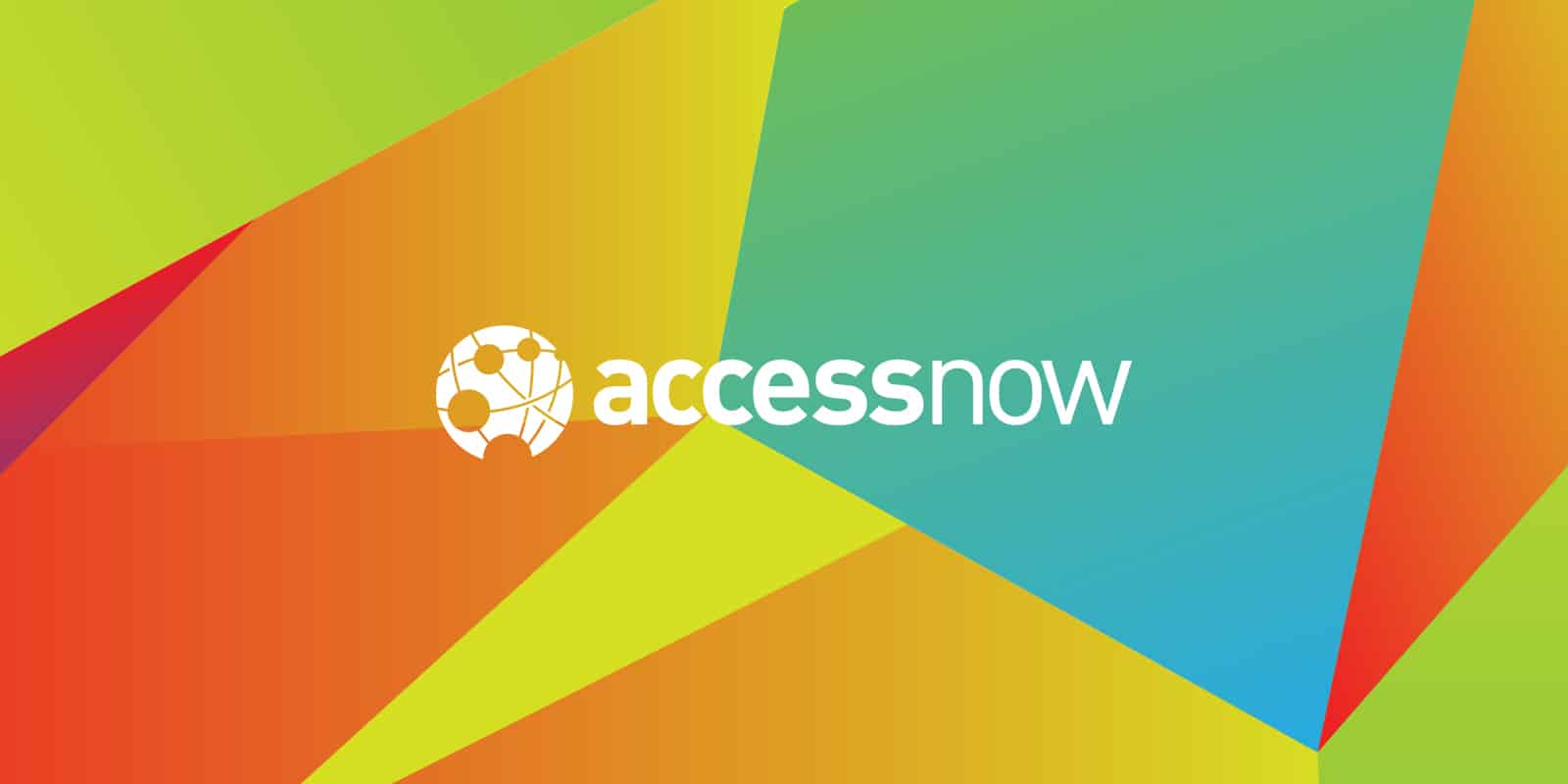What a difference a year makes.
In June of last year, Access Now announced that we were launching a three-year project to directly support civil society actors through grantmaking. For us, it was a completely new approach to defending and extending the digital rights of users around the world. We were excited to help at-risk users and organizations get the resources they need to advance their goals, but we also recognized the need to take great care in embarking on the initiative.
We’ve kept you updated as we consulted our community on developing a philosophy of change and creating a giving framework to meet needs in target areas. We’ve also worked to be as transparent as possible about both philosophy and framework through the launch of our webpage.
Now, a year into the program, and having just concluded our second major giving cycle, we’re ready to give you another update.
Finalizing cycle two and expanding our portfolio
For the first cycle of project and core grant applications, we relied on our Advisory Board to counsel us in the distribution of funds. The second cycle was no different. In July we completed the cycle with guidance from the Advisory Board, awarding funds to 17 organizations, including Turkey Blocks and Social Media Exchange.
Turkey Blocks is using our grant to increase its capacity to monitor censorship and internet throttling, and to continue its program of support for vulnerable populations. Social Media Exchange will use the funds to adapt the Ranking Digital Rights project to local contexts, and also to identify evidence-based research that connects digital rights to the growing digital economy in the Arab region. (You can see details about all of our grantees on our Access Now Grants page.)
These two project grants are emblematic of our grant program’s overall strategy: we fund digital security projects that help protect vulnerable users in challenging environments around the world, while also supporting high-level policy and advocacy initiatives that can bring about long-lasting structural change.
Further, we continue our efforts to support a handful of institutions that operate in dangerous circumstances, providing “core” funding to organizations like the Centre for Communications Governance, which contributes research and helps with capacity-building to further citizens’ rights in telecommunication and new media. This type of funding reflects our belief that grassroots digital organizations know best where and how to allocate funds.
As of the end of July, we have awarded 34 grants and disbursed over $700,000 to support digital rights globally: five grants in Latin America, 14 in Asia, one in the New Independent States, eight in sub-Saharan Africa, and six in Middle East/North Africa. Fifteen of the 34 grants were to organizations working directly on LGBTI or gender issues.
What’s ahead for cycle three: balancing diversity with sustenance
We have made progress in diversifying our portfolio across our geographic and topic areas, but we still have work to do. In upcoming cycles, we hope to expand our giving to organizations working in the New Independent States and on issues like net discrimination and privacy.
We’ve already begun to prepare for cycle three. Applications are due in January 2017. As part of the process of identifying an applicant pool that satisfies our portfolio goals, our grants team will be reaching out to regional partners and allies, attending local events, and developing nominations.
Additionally, we’re maintaining our relationship with many of our current grantees, particularly those that receive core funding. We know that having a source of stable, consistent funds is critical for the long-term success of institutions, so wherever possible, we have made a commitment to sustain partnership with institutions that fulfill their grant commitments.
Changes ahead: A new Grants Program Manager
Finally, it’s with a degree of sadness that we announce that Rian Wanstreet, our current Grants Program Manager, is leaving Access Now to pursue her graduate studies. Rian has been at Access Now for three years, and was instrumental in launching the Access Now Grants Program. We wish her every success, and are now actively seeking her replacement. Are you interested? Do you know someone who would be perfect for the role? We encourage you to check out the official position description, and email us.
